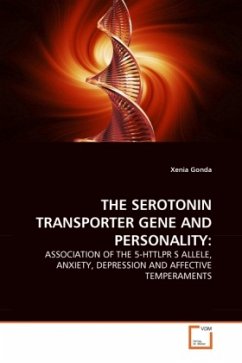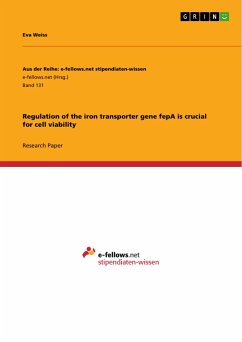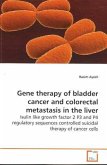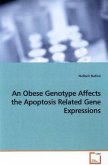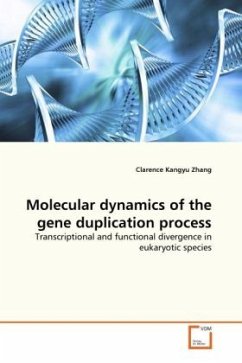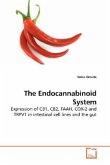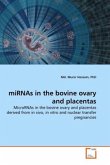We investigated the association of depression, anxiety and affective temperaments with 5-HTTLPR. People carrying the s allele were more prone to anxiety, depression and more likely to carry affective temperaments incorporating a depressive component. From the aspect of gene-environment interactions, our results show that the presence of dominant affective temperaments and neuroticism- related traits confers increased vulnerability to chronic stress which plays a crucial role in the development of depression. Our findings open the potential to identify people with temperamental inclination to mood instability with the joint use of measures of behavioural endophenotypes and molecular genetic markers. Our findings bring psychiatric genetics closer to the aim of delineating risk profiles for affective disorders in more precise quantitative measures and thus point to the possibility of preventive psychological and biological therapies. This emphasises the need for research to delineate the genetic background of traits observable in the healthy population as endophenotypes related to neuropsychiatric disorders.
Bitte wählen Sie Ihr Anliegen aus.
Rechnungen
Retourenschein anfordern
Bestellstatus
Storno

